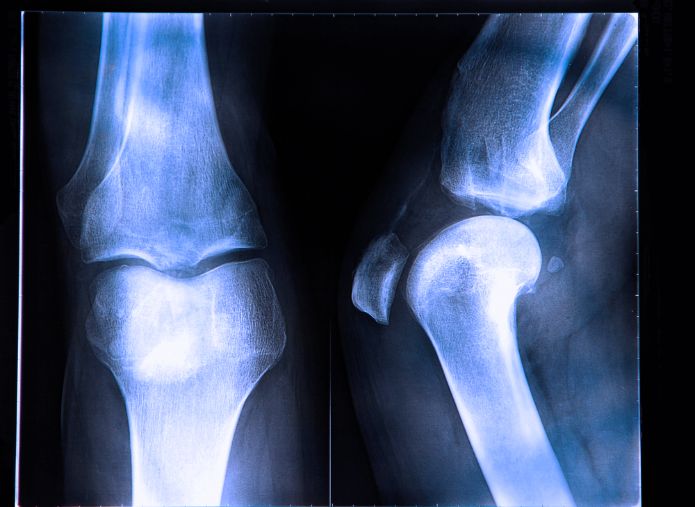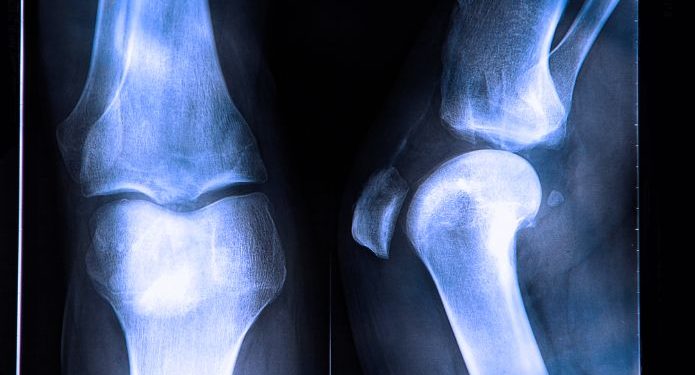A bone tumor develops when cells in a bone divide uncontrollably and form a mass of abnormal tissue (a tumour). The majority of bone tumors are benign (not cancerous) and do not spread to other parts of the body. Malignant bone tumors, on the other hand, are very serious and can grow and spread quickly if not treated early. They almost always require treatment with a combination of surgery, chemotherapy and radiation therapy.
Bone cancer treatments can be complicated, but doctors work with a team of specialists to create a treatment plan that will be best for each patient. This team of healthcare professionals is known as a multidisciplinary team or MDT. It usually includes an orthopaedic surgeon, a clinical oncologist and a specialist nurse.
Surgery is the main treatment for bone cancer. For most types of bone cancer, the surgeon will remove the tumor and a small amount of healthy tissue around it. This type of surgery is called wide excision surgery. The surgeon will use special techniques to make sure that all the cancer is removed. If the limb (arm or leg) affected by the tumor is still functional, surgeons may be able to perform limb-sparing surgery. The lost limb will be replaced with a metal prosthesis or with bone from another part of the body or a bone bank.
Chemotherapy is a cancer-fighting drug that uses chemicals to kill cancer cells. It is given before surgery to shrink the tumor and make it easier to remove, or after surgery to destroy any remaining cancer cells. It is also used alone to treat some bone cancers, such as osteosarcoma and Ewing sarcoma. It is not useful for chondrosarcoma or fibrosarcoma, but can be used with radiation to prevent the cancer from returning after other treatments have failed.

Radiation therapy uses high energy rays to kill cancer cells and reduce the size of a tumor. It is sometimes used with other treatments, such as chemotherapy and surgery, to help relieve symptoms caused by a bone tumor. It is most often used to treat metastatic bone cancer that has spread from other organs, such as the lungs.
Some people with bone cancer have very high blood levels of a chemical called alkaline phosphatase. These levels are usually only high when bones are growing, when a broken bone is healing or when certain diseases or tumors cause the production of abnormal bone tissue. A raised level of this chemical is not a good sign for bone cancer, but it can be helpful in diagnosing some types of bone cancer.
If the doctor finds that the bone cancer has recurred, he or she will follow a different treatment plan than before. This will probably include the same treatments, such as surgery, chemotherapy and radiation, but they may be given at a slower pace or in a different combination. Your doctor may also suggest that you join a clinical trial that is looking into new ways to treat recurrent bone cancer.









